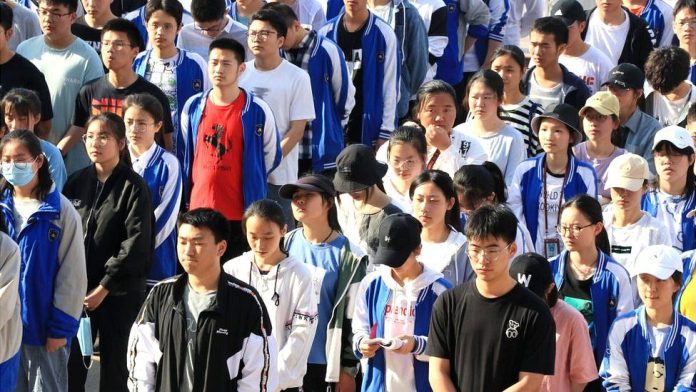Raising the statutory retirement age is unlikely to affect employment opportunities for young people, with the country actively prioritising employment, an expert said. China has decided to raise the retirement age of male workers to 63 and females to 55 or 58, depending on their jobs or occupations.
While the policy aims to counteract the effects of the shrinking working-age labour force, many young people are concerned about the existing age discrimination in the workplace and the intensifying competition in job markets.
Du Peng, director of Renmin University of China’s Institute of Gerontology, said that raising the retirement age is unlikely to affect the employment opportunities for young people, considering the varying needs of different positions and job seekers of different age groups. Additionally, the government is prioritising employment and implementing measures to support youth employment.
Raising the retirement age also adhered to the principle of voluntary participation and flexibility and was designed to meet the diversified needs of different stakeholders, he said.
Under the new retirement policy, employees may choose to retire early or delay retirement for up to three years flexibly. For one thing, people who voluntarily delay retirement demonstrate their willingness and capability to work, and, for another, these positions have a demand for the workforce, Du said.
As whether the delayed retirement would raise labour costs for companies, it depends on their strategies, Du said. Many older individuals with a wealth of experience and skills are also valuable talents, and companies could optimise the use of human capital based on their specific circumstances, he said, adding that while respecting the interests of employees, the flexibility principle indicates that employers’ needs are also considered. – China Daily





















